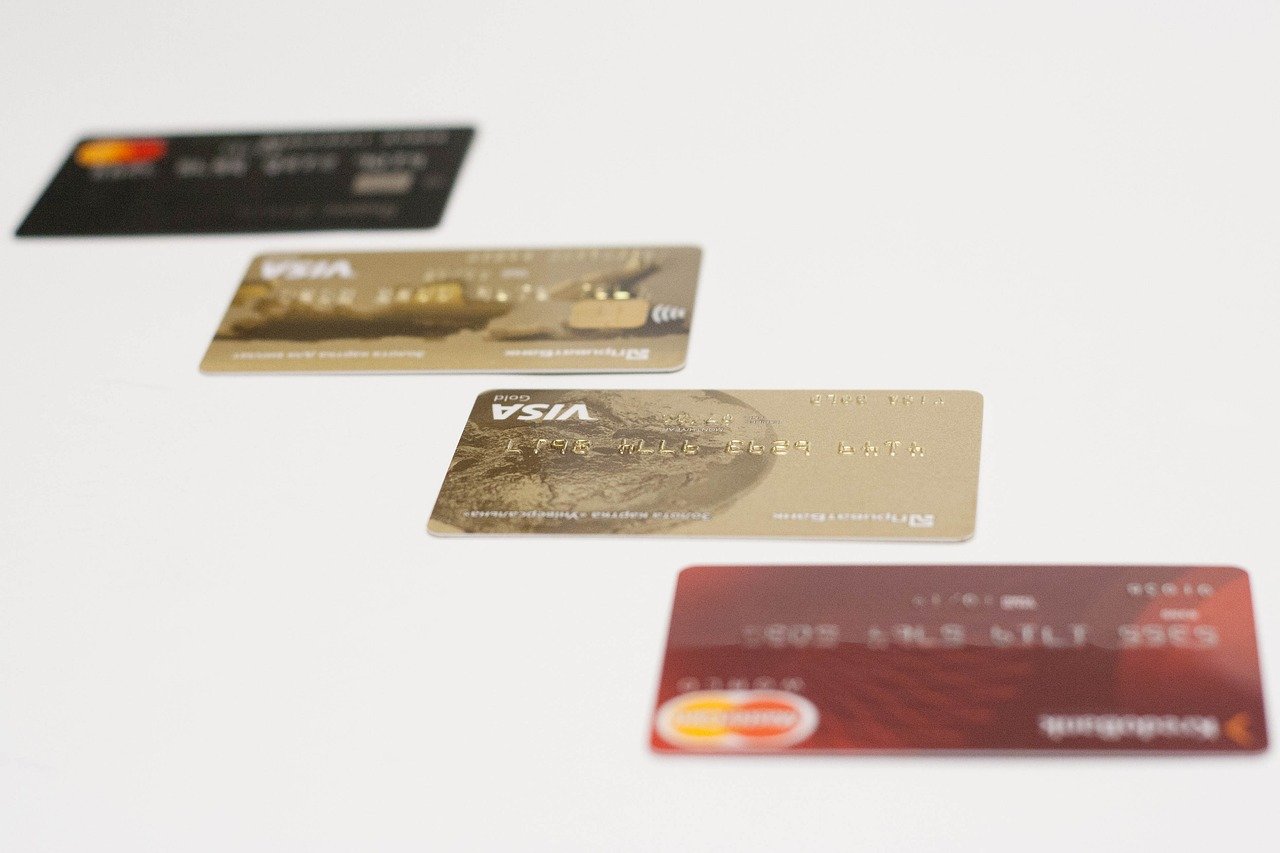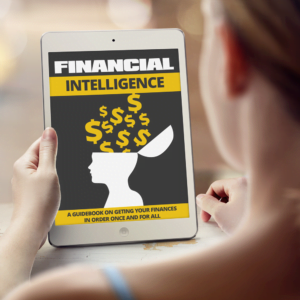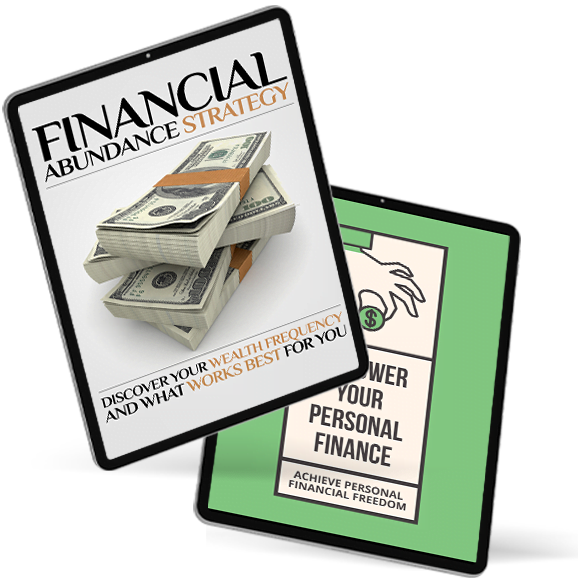Household Debt Climbs to $17.69 Trillion in First Quarter; Delinquency Rates Rise Again
Mortgage balances shown on consumer credit reports increased by $190 billion during the first quarter of 2024
Credit card utilization rates rose to 30% in 2023, while average APR for interest-bearing accounts climbed to 22.75% as of the first quarter of 2024.
In an era underscored by the pursuit of convenience and instant gratification, credit cards have emerged as the quintessential epitome of both. With just a swipe or a tap, they promise immediate access to goods and services, often accompanied by an array of rewards and benefits designed to entice even the most prudent spender. However, beneath their glossy, swipe-friendly surface lies a series of potential pitfalls that beg for a closer examination. This article seeks to shed light on the darker side of credit cards, exploring why opting out of the credit card culture might not just be a prudent financial move, but a liberating one as well.

Debunking the Credit Card Necessity Myth
In the midst of discussions surrounding the tangible risks tied to credit card debt, it’s crucial to also address the widespread propaganda that insists on the necessity of having a credit card. This widely held belief, perpetuated by credit card companies and sometimes inadvertently supported by consumer culture, promotes the idea that without a credit card, individuals are somehow financially incapacitated.
The Necessity Myth Propagated
Credit card companies invest heavily in marketing strategies designed to embed the idea that a credit card is not just a financial tool, but a necessary component of a responsible adult’s financial portfolio. Through advertisements showcasing the ease of use, the security benefits, and especially the rewards and points systems, these companies paint a picture of credit cards being indispensable. Moreover, the notion that one “needs” a credit card to build credit score further fuels this narrative.
The Reality Behind Credit Building
While it’s true that credit cards can be a means to build credit when used responsibly, they are not the only way. Other financial products like secured credit cards, credit-builder loans, or even being an authorized user on someone else’s account can offer paths to establishing and improving credit without the pitfalls of traditional unsecured credit cards.
Societal Pressure and Consumerism
The propaganda does not stop at advertisements or financial advice; it permeates through societal expectations and norms. There’s a certain social pressure associated with possessing a credit card—it’s often mistakenly equated with financial stability or success, failing to account for the potential debt trap that it could lead to. This societal push towards credit card acceptance fuels consumerism and overlooks the virtues of living within one’s means.
The Appeal to Convenience and Status
Credit card companies adeptly play on the allure of convenience and status. The ease of booking hotels, renting cars, and shopping online is frequently cited as a reason why a credit card is indispensable. Additionally, premium credit cards that offer lounges access, travel perks, and concierge services are marketed not just on the basis of their conveniences, but as status symbols, fostering a culture in which the type of credit card one carries can be seen as a marker of success.

Critical Examination and Conscious Decisions
Deconstructing the propaganda surrounding credit cards requires a critical examination of the messages being presented. It invites consumers to question whether they are making financial decisions based on perceived social expectations, marketing pressures, or their genuine financial well-being. Recognizing that credit cards are a tool—not a necessity—enables a more conscientious approach to personal finance management.
One can challenge the persuasive narratives by seeking out information on alternative methods of managing finances, credit building, and spending. By understanding the full scope of options available, individuals empower themselves to make decisions that align with their financial goals and situation, rather than succumbing to the pressures of credit card propaganda.
The pervasive message that one needs a credit card to navigate the financial world is a potent mix of marketing strategy and societal expectation. However, by critically evaluating these claims and considering the broader implications of credit card debt, consumers can challenge this narrative. Exploring alternatives and making informed decisions about credit use can lead to a healthier financial life, free from the constraints of debt and societal pressure. Rejecting the propaganda doesn’t mean rejecting credit altogether but embracing it on terms that align with one’s financial goals and well-being.
The Dangers of Credit Card Debt
Recent data unveils a concerning picture of credit card usage and the resultant debt in the United States. According to a report by the Federal Reserve, revolving credit debt, which is primarily made up of credit card debt, was exceeding $1 trillion in 2022. This staggering figure is a testament to the ubiquity of credit challenges faced by American consumers.
Despite fluctuations, the trend in credit card debt continues to climb, emphasizing a systemic issue with revolving credit. The average interest rate on new credit card offers hovers around 17%, though for some, it can spike much higher, penalizing those who carry balances month to month with significant interest charges. The average American credit card holder carries a balance of thousands of dollars—a sum that can accrue hundreds, if not thousands, in interest alone annually. See an Experian Study: Average U.S. Consumer Debt and Statistics
The Debt Spiral
The most glaring risk associated with credit card usage is the potential to fall into a debt spiral. With the average American carrying thousands in credit card debt, the allure of spending money one doesn’t immediately possess can quickly shift from a convenience to a curse. Interest rates on credit cards are notoriously high, often eclipsing other forms of debt, which means that unpaid balances can grow at an alarming rate. For those who find themselves unable to pay more than the minimum amount due each month, this can lead to a long-term debt trap, where they are paying off interest much longer than anticipated. See The Motley Fool report on American Credit Card Debt in 2024
The Interest Rate Quagmire
Speaking of interest rates, they can often be the silent budget killers. Credit card companies are known for their high APRs (Annual Percentage Rates), which can significantly inflate the cost of purchases over time. What might seem like a minor indulgence at the moment of purchase can end up costing substantially more. This becomes particularly perilous when emergency expenses are put on a card out of necessity, ensuring that a financially vulnerable situation is exacerbated by high interest charges.
The Impact on Credit Score
While it’s true that responsible credit card use can be a boon to one’s credit score, the converse is also significantly true. Missed payments, high utilization rates, and applying for multiple cards in a short span of time can negatively impact your credit score. A lower credit score can affect your ability to secure loans, including mortgages, in favorable terms, which can have long-reaching financial implications beyond the immediate gratification of a credit card purchase.
Psychological Spending Traps
Credit cards can also subtly encourage increased spending. The dissociation of immediate payment from the pleasure of acquisition can lead to more frivolous purchases or spending beyond one’s means. This phenomenon, known as the “pain of paying,” is significantly reduced when using credit cards, leading to a less mindful approach to spending and an increase in consumer debt.
The False Security of Rewards
Credit card rewards, be they in the form of cashback, points, or miles, are often touted as a major perk. However, these rewards can often serve as a double-edged sword, encouraging additional spending in the pursuit of rewards that, in many cases, offer less value than the extra money spent to attain them. The intricacies of rewards programs can also be a minefield of expirations, limitations, and blackout dates, making it challenging to derive substantial benefit from them.

The Benefits of Responsible Credit Card Use: The Counter Argument
Despite the critique of credit card use in the article, it’s important to acknowledge situations where responsible usage can be beneficial. When managed wisely, credit cards offer a valuable avenue for building a credit history, a critical factor when applying for loans, mortgages, or even rental applications. Timely payments and keeping a low credit utilization ratio can improve one’s credit score over time. Additionally, many credit cards come with rewards and benefits like cashback, travel points, or purchase protection, which, if used strategically, can offer tangible value without accruing interest or debt. Responsible credit card use necessitates a disciplined approach, including paying off balances in full each month, understanding terms and fees, and using credit for planned purchases rather than impulsive spending. For individuals who can adhere to these practices, credit cards can be a tool for financial empowerment rather than a trap leading to debt.
Building Credit History
One of the pivotal advantages of having a credit card is the opportunity it provides in building a solid credit history. Lenders often look at your credit history to assess your reliability as a borrower. Regular use of a credit card, coupled with timely payments, can significantly help in building or improving your credit score. This is especially beneficial for those looking to apply for loans, mortgages, or even rental applications in the future.
Earning Rewards and Cash Back
Many credit cards offer rewards programs that allow you to earn points on purchases that can be redeemed for travel, merchandise, or even cashback. These rewards can be highly beneficial, effectively saving you money on expenses you were already going to incur. When used purposefully, these rewards can add significant value without leading to unnecessary spending.
Consumer Protections
Credit cards often come with a suite of consumer protections not available through debit card or cash purchases. These can include fraud protection, product warranties, travel insurance, and chargeback rights, which can save and protect money in the long term.
Navigating Online Purchases and Rentals
The convenience offered by credit cards extends into the realm of online purchases and travel. Booking hotels, renting cars, and shopping online are often more seamlessly done with a credit card. In many cases, a credit card is required for these transactions due to the security and verification processes involved. Beyond convenience, the additional layers of fraud protection provided by credit cards make them a preferred choice for online transactions.
Alternatives to the Credit Card Lifestyle
Given the myriad pitfalls associated with credit card use, it’s worth considering alternatives that can offer financial flexibility without the accompanying risks:
Debit Cards: For those who appreciate the convenience of card payments, debit cards offer a similar experience without the temptation to spend beyond one’s means.
Cash: Using cash can help increase mindfulness about spending, as the physical act of handing over money can curb impulsive purchases.
Emergency Fund: Building and maintaining an emergency fund can negate the need to rely on credit cards for unexpected expenses, thus avoiding high-interest debt.
Secured Credit Cards: For those looking to build or repair credit, secured credit cards offer a way to do so while requiring a cash deposit that typically acts as the credit limit, thereby limiting the risk of accruing unmanageable debt.
While credit cards can offer convenience, rewards, and the opportunity to build credit, the risks they pose cannot be overstated. The temptations of immediate access to funds, combined with high-interest rates and the potential for a negative impact on one’s credit score, present a compelling case against their use. Opting for alternatives that encourage responsible spending and saving can lead to a more secure financial future free from the burdens of credit card debt. It’s about re-evaluating our relationship with money, understanding the true cost of credit, and making mindful choices that support our long-term financial well-being. See
Consumer Credit Case Studies here.
Disclaimer: The information provided here is for educational purposes only. It does not constitute investment advice or a guarantee of performance. Investing involves risks, including the possible loss of capital. Seek advice from financial and tax professionals tailored to your financial circumstances and goals.















